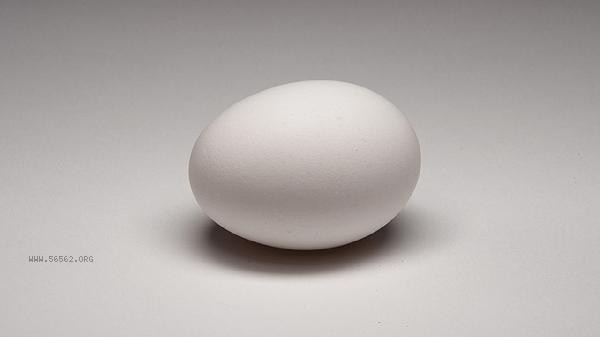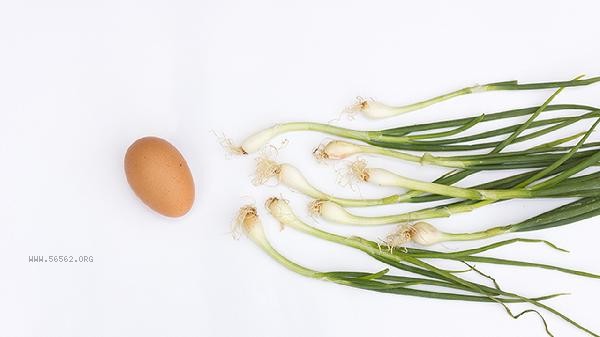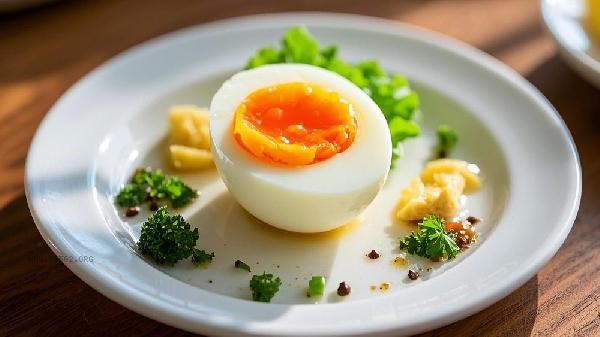The inability to peel off the eggshell may be related to factors such as the freshness of the egg, cooking method, and cooling method.

1. Freshness of Eggs
The inner layer of the eggshell of fresh eggs is tightly attached to the protein, making it more difficult to peel off after cooking. Eggs that have been stored for a longer period of time have their inner moisture evaporated, causing the air chamber to expand and resulting in a more thorough separation of the inner membrane and protein. When purchasing eggs, you can observe the production date and avoid directly boiling eggs that have just been produced.
2. Cooking time
insufficient cooking time can lead to incomplete coagulation of the protein and adhesion to the inner membrane of the eggshell. After the water boils, it should be boiled over medium heat for 8-10 minutes to allow the protein to fully solidify. However, excessive cooking can result in the formation of grayish green ferrous sulfide on the surface of egg yolks, which does not affect consumption but affects appearance.
3. Cooling method
After cooking, immediately rinse with cold water to separate the eggshell from the protein through the principle of thermal expansion and contraction. When cooling, eggs can be soaked in ice water for 5 minutes. Adding a small amount of white vinegar to the water can soften the eggshell. Avoid letting eggs cool naturally in boiling water, as this can increase stickiness.

4. Pre cooking treatment
Before cooking, use a needle to pierce a small hole in the blunt end of the egg to release internal air pressure, which can reduce the probability of eggshell rupture during cooking. Adding half a teaspoon of salt or baking soda to water can change the pH of the water and help separate proteins from the inner membrane. But this method may slightly affect the taste of eggs.
5. Egg Varieties
Native chickens usually have thicker eggshells and denser inner membrane structures, making it more difficult to peel off the shells after cooking than regular eggs. Duck eggs, quail eggs, and other poultry eggs have different shell and membrane structures, resulting in varying peeling experiences. Choosing a suitable variety of eggs for boiling can improve the experience.

When cooking eggs in daily life, you can choose eggs that have been stored for 3-5 days. After the water boils, turn to low heat and cook them regularly. Immediately cool them with cold water after leaving the pot. When peeling the shell, start from the air chamber end and gently peel along the curvature of the eggshell to make it easier. If you often encounter difficulties in peeling the shell, you can try steaming instead of boiling water. Steam heating can make the eggshell easier to peel off. When storing eggs, be careful not to refrigerate at too low a temperature to prevent the eggshell from becoming damp and the inner membrane from increasing its adsorption force.








Comments (0)
Leave a Comment
No comments yet
Be the first to share your thoughts!